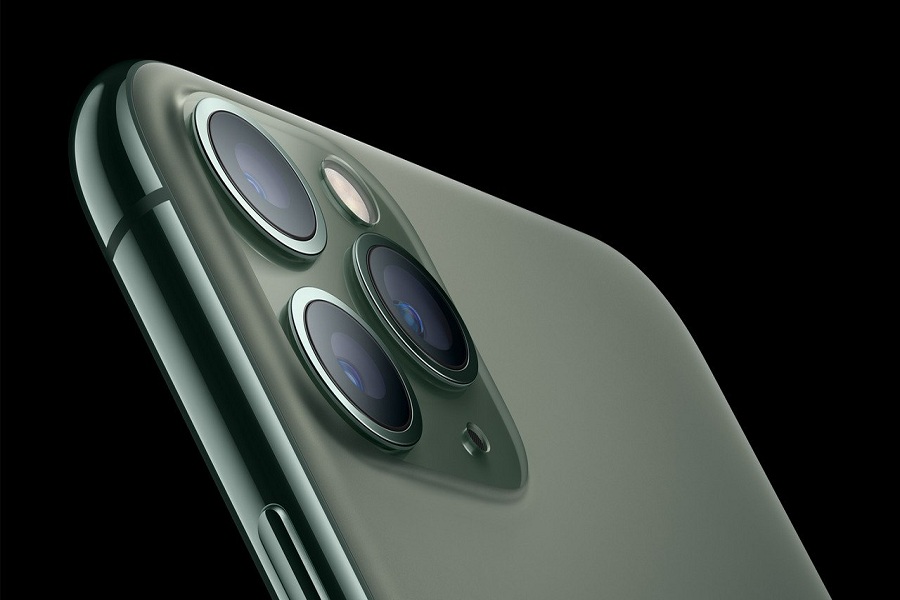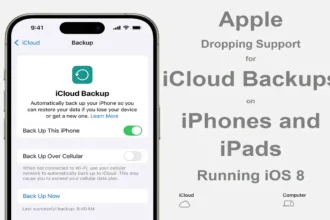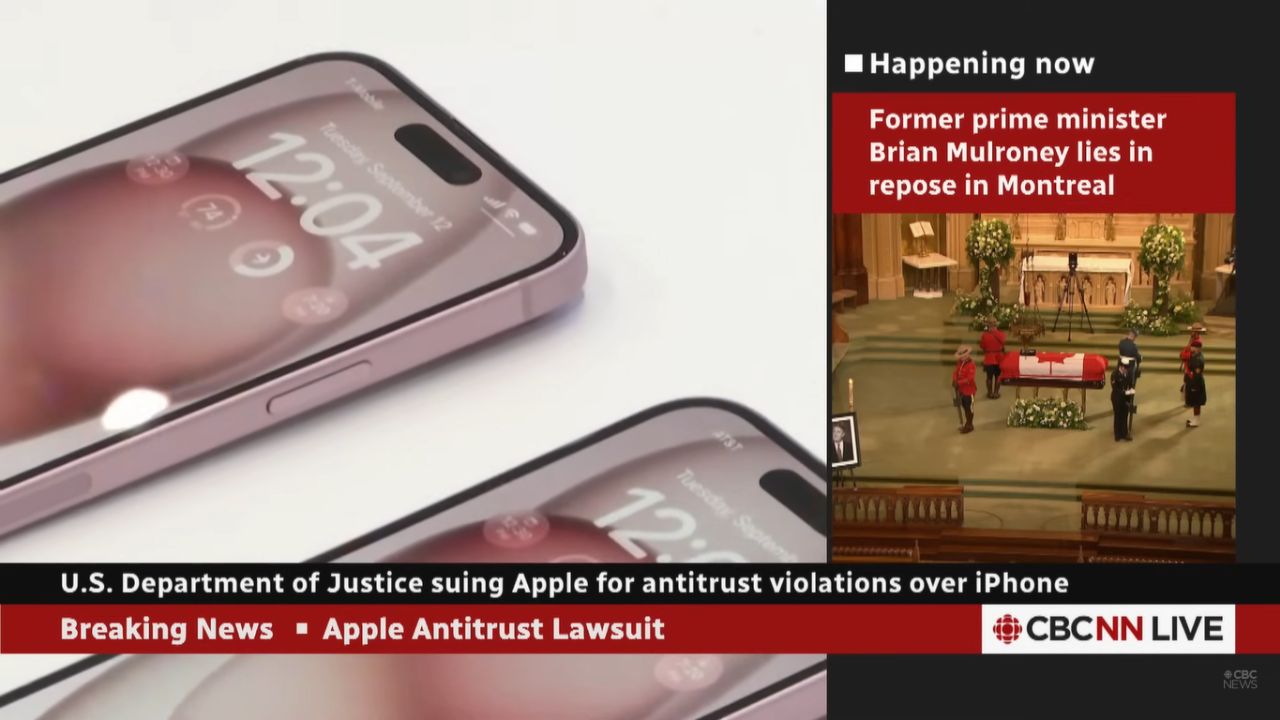On March 21, 2024, the U.S. Department of Justice (DOJ) and 16 state attorneys general filed a landmark antitrust lawsuit against technology giant Apple Inc., accusing the company of illegally monopolizing the smartphone market in the United States.
The lawsuit alleges that Apple has engaged in anticompetitive practices that have harmed consumers, developers, and rival companies by stifling innovation, limiting choices, and keeping prices artificially high.
What Are the Allegations Against Apple in the Lawsuit
The DOJ’s complaint focuses on several key areas where Apple has allegedly used its control over the iPhone ecosystem to maintain its monopoly:
App Store Restrictions
The lawsuit claims that Apple’s tight control over the App Store, which is the only official way to distribute apps on iPhones, has allowed the company to block innovative new apps and services that could compete with its own offerings. This includes “super apps” that provide a wide range of functionalities, cloud gaming services, and alternative payment systems.
Cross-Platform Compatibility
The DOJ alleges that Apple has deliberately limited the functionality of competing products and services when used with iPhones, such as:
- Degrading the quality of messages sent between iPhones and Android devices
- Restricting the features of third-party smartwatches when paired with iPhones
- Denying users access to digital wallets that work across different smartphone platforms
Contractual Restrictions
The lawsuit also takes aim at the contractual terms that Apple imposes on developers, accessory makers, and consumers, which allegedly help the company maintain its monopoly by making it difficult and expensive to switch to competing platforms.
What Can Happen to Apple?
If successful, the antitrust lawsuit could have far-reaching consequences for Apple and the broader technology industry:
Changes to the iPhone Ecosystem
The DOJ is seeking a court order that would prevent Apple from using its control over the App Store and iOS to block competing apps and services. This could lead to a more open and diverse app ecosystem on iPhones, with users gaining access to a wider range of apps and features that were previously unavailable.
Increased Competition
By removing the barriers that Apple has allegedly erected around its ecosystem, the lawsuit aims to restore competition in the smartphone market and encourage innovation from rival companies. This could result in more choices for consumers, lower prices, and higher quality products and services.
Precedent for Big Tech Regulation
As one of the largest antitrust cases against a major technology company in recent years, the outcome of the Apple lawsuit could set an important precedent for how regulators approach other tech giants like Google, Amazon, and Meta. A successful case against Apple could pave the way for similar actions and lead to a more consistent regulatory framework for the industry.
What Is Apple’s Reply to Antitrust Lawsuit
Apple has denied the allegations in the lawsuit, calling it “wrong on the facts and the law”. The company argues that the case threatens its ability to create the seamless and secure user experience that customers expect from Apple products.
In a public statement, Apple said: “This lawsuit threatens who we are and the principles that set Apple products apart in fiercely competitive markets. If successful, it would hinder our ability to create the kind of technology people expect from Apple—where hardware, software, and services intersect.”
The company has vowed to “vigorously defend” against the lawsuit, setting the stage for a lengthy legal battle that could take years to resolve.
The Bottom Line
The antitrust lawsuit against Apple represents a significant challenge to the company’s business model and its dominant position in the smartphone market.
By targeting the alleged anticompetitive practices at the heart of Apple’s ecosystem, the DOJ and state attorneys general aim to promote competition, innovation, and consumer welfare in the technology industry.
As the case unfolds, it will be closely watched by industry experts, regulators, and consumers alike, as its outcome could have profound implications not only for Apple but for the future of Big Tech regulation in the United States and beyond.






